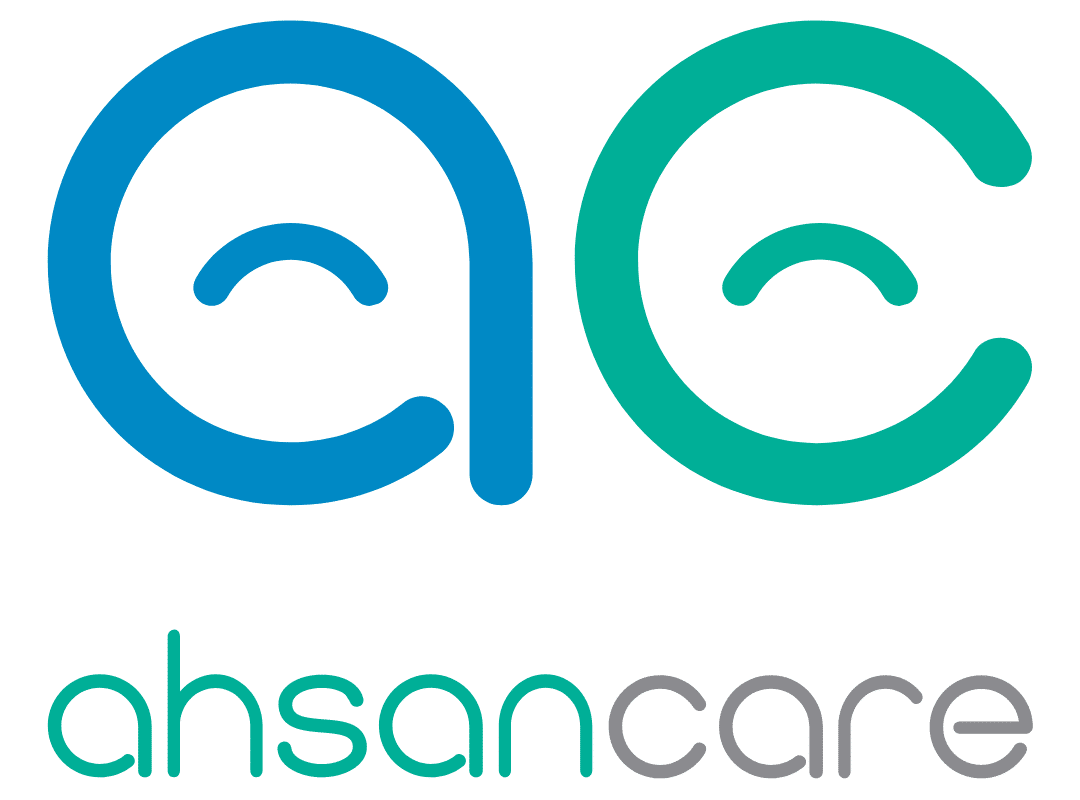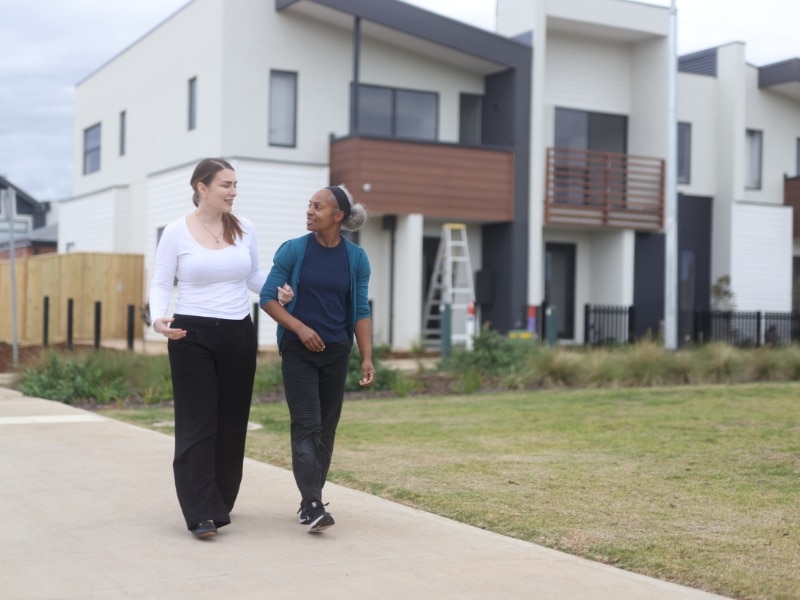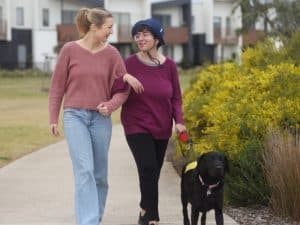Feeling connected to your community is something many people take for granted. But for individuals living with a disability, that connection can be difficult to build. The lack of accessible, inclusive spaces often means missing out on the moments that create friendships, self-confidence, and a sense of belonging. For NDIS participants, this can lead to ongoing isolation and reduced mental well-being. That’s where NDIS community events come in. These activities are designed to support connection, skill-building, and joy and promote genuine social inclusion. Understanding how they work—and the challenges people face in accessing them—is key to making the most of what they offer.
Why do many NDIS participants struggle with social isolation?
Social isolation remains a significant issue for many individuals supported under the NDIS. While funding and plans offer opportunities for connection, real-world barriers persist.
For many participants, daily life includes reduced mobility, anxiety, or communication difficulties. Some may have experienced stigma or exclusion, reinforcing withdrawal from the community. When inclusive spaces aren’t readily available, the idea of attending even simple events can feel overwhelming.
This creates a situation where people feel left out, not because they want to be, but because they don’t see a way in. Contributing factors often include:
- Limited access to transport
- Low self-confidence or social anxiety
- Inaccessible public venues
- Negative past experiences in community settings
Support networks are crucial but not always accessible. Without them, people risk becoming further disconnected from the broader world around them. In short, feeling isolated often isn’t a choice—it’s the result of missing inclusion.
What limits access to local NDIS community events?
Even with local community programs available, accessibility gaps prevent many from participating. Often, well-meaning events are planned without a full understanding of what true inclusion requires.
This includes everything from physical access (ramps, signage, toilets) to sensory-friendly formats and the emotional safety of knowing you’ll be welcomed. Add in issues like transportation and visibility, and entire community segments are unintentionally excluded. Here are the barriers that make access difficult:
- Inadequate or inaccessible event venues
- Poorly publicised opportunities
- Limited transport options
- No on-site support staff for assistance
For example, if you rely on a wheelchair or assisted travel, attending an event can require more complex planning than the event itself. That’s why programs that explore diverse NDIS group and centre activities are especially impactful—they structure participation from the ground up.
How does missing out on group events affect mental health?
Social connection isn’t a luxury—it’s a foundation of mental wellbeing. Yet many NDIS participants find themselves stuck on the outside, watching community life from a distance.
Missing regular interaction with others can result in a slow decline in confidence, trust, and emotional stability. For those with limited external support, the isolation can worsen into serious depression, anxiety, or other mental health concerns. Emotional consequences may include:
- Loneliness and withdrawal
- Low motivation and apathy
- Decline in communication skills
- Worsening of pre-existing mental health conditions
Research continues to highlight the benefits of structured social engagement, showing that inclusive programs can help participants reconnect with themselves and others. For instance, a study showed how structured events reduce distress by promoting gradual exposure and shared experiences, proving how group events ease social anxiety through consistency and support. Being excluded doesn’t just hurt—it changes how you see yourself.
Which NDIS community events build confidence and skills?
The right events can go far beyond just entertainment. When planned with care, they serve as pathways to personal development, new friendships, and long-term goal achievement.
Social programs under the NDIS often include creative workshops, cooking sessions, day trips, and volunteer roles—all designed to foster independence and real-world skills. Some even link directly to employment pathways. Here are the different types of events that help participants thrive:
- Arts and crafts for creativity and self-expression
- Community gardening for routine and responsibility
- Group fitness or dance for confidence and wellbeing
- Skill-based classes (like cooking or budgeting)
Here’s a comparison of popular event types:
| Event Type | Confidence Boost | Skill Development | Support Level Needed | Accessibility |
| Creative arts sessions | High | Moderate | Moderate | High |
| Volunteer experiences | Very High | High | Low to Moderate | Medium |
| Cooking classes | High | High | High | High |
| Social sports | Very High | Moderate | Moderate | Medium |
| Community gardening | Moderate | High | Low | High |
Many also address common barriers, including transport challenges faced by wheelchair users, by offering door-to-door services or choosing centralised venues. Skill-building becomes much easier when you’re in a space designed for you.
How to find inclusive and accessible NDIS community events
You shouldn’t have to dig through pages of websites just to find a local class or social meet-up. The reality is, though, that many events go under the radar or aren’t promoted effectively to the NDIS community.
Reliable support coordinators and peer groups are great starting points. They often share weekly updates and can align activities with your individual plan goals. There are also curated directories, disability networks, and newsletters that spotlight current options. Here are the effective ways to discover suitable events:
- Ask your support coordinator for current listings
- Join NDIS-focused Facebook or Meetup groups
- Visit local community centres or libraries
- Look through provider blogs and event calendars
Programs that incorporate NDIS activities for social skills often include structured group sessions that encourage interaction, teamwork, and communication in low-pressure environments.
What role do support workers play in community participation?
Having the right support person beside you can make all the difference between attending an event and enjoying it. They help you manage logistics, stay engaged, and navigate new situations with confidence.
Support workers often adapt their assistance to each event, helping you maximise enjoyment and growth without taking over. They’re also great at reading the room—knowing when to step back and when to advocate on your behalf. Here are the key ways support workers assist during events:
- Organising transport and entry
- Assisting with communication or social anxiety
- Ensuring safety and comfort
- Encouraging engagement and feedback
They also help participants gradually take on more responsibility and independence over time, transforming each outing into a building block for self-reliance. With the right support, the community starts to feel like your own.
Benefits of NDIS community events for long-term engagement
NDIS community events offer more than just fun—they provide stepping stones toward independence, confidence, and long-term achievement. Over time, participants form bonds, strengthen routines, and unlock new goals they never thought possible.
Whether you’re new to the NDIS or looking to expand your social horizons, the benefits of joining in are powerful and proven. Long-term outcomes include:
- Improved communication and social skills
- Greater emotional resilience
- Reduced dependence on intensive support
- Stronger personal identity and confidence
To explore how events in your area could help you or a loved one, you can always get helpful advice from the team at Ahsan Care Provider. Inclusion isn’t just a value—it’s a pathway forward.




